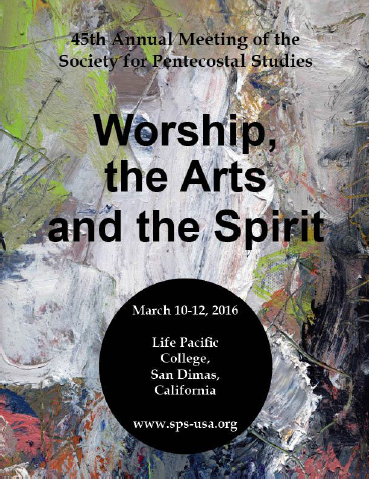Description
Pentecostal women serve in various ecclesial roles, including roles of authority. Historically Pentecostals have contended that all may be called, gifted, and empowered to proclaim the gospel. This advocacy follows the tradition of Evangelicals and Holiness advocates of the nineteenth century. The foundation for this gospel is the eschatological Pentecost Proclamation. The implication of the eschatological proclamation for praxis is a radical, egalitarian gospel. Yet, Pentecostals have struggled with the limits of such an expression. This quandary is addressed in this chapter in two parts. The first part provides an historical analysis of the development of American Pentecostals’ praxis relating to the personhood and roles of women, with particular emphasis upon women as proclaimers of gospel. The second part engages interpretive grids for understanding the theological dynamics that are reflected in the historical developments. The first grid is that of institutionalization. The second is radicalization followed by embourgeoisement. The third consideration is the nature of the Pentecostals’ eschatology as it relates to egalitarianism.
“Callings, Giftings, and Empowerment: Preaching Women and American Pentecostalism in Historical and Theological Perspective”
Pentecostal women serve in various ecclesial roles, including roles of authority. Historically Pentecostals have contended that all may be called, gifted, and empowered to proclaim the gospel. This advocacy follows the tradition of Evangelicals and Holiness advocates of the nineteenth century. The foundation for this gospel is the eschatological Pentecost Proclamation. The implication of the eschatological proclamation for praxis is a radical, egalitarian gospel. Yet, Pentecostals have struggled with the limits of such an expression. This quandary is addressed in this chapter in two parts. The first part provides an historical analysis of the development of American Pentecostals’ praxis relating to the personhood and roles of women, with particular emphasis upon women as proclaimers of gospel. The second part engages interpretive grids for understanding the theological dynamics that are reflected in the historical developments. The first grid is that of institutionalization. The second is radicalization followed by embourgeoisement. The third consideration is the nature of the Pentecostals’ eschatology as it relates to egalitarianism.





